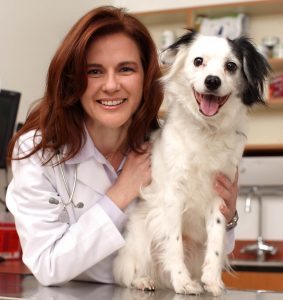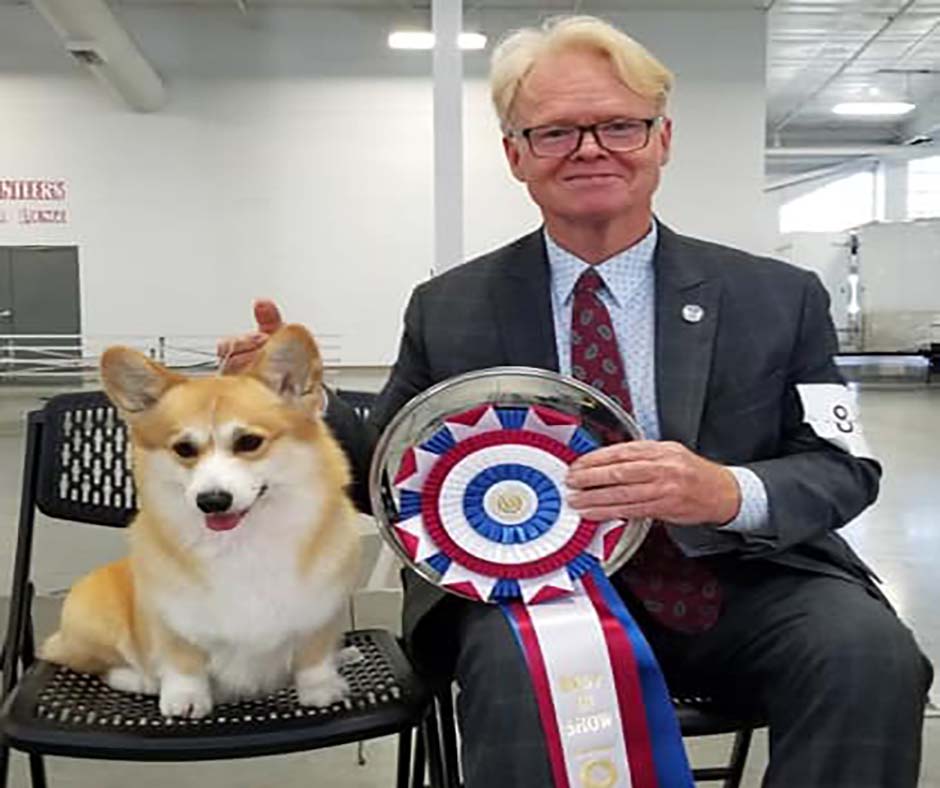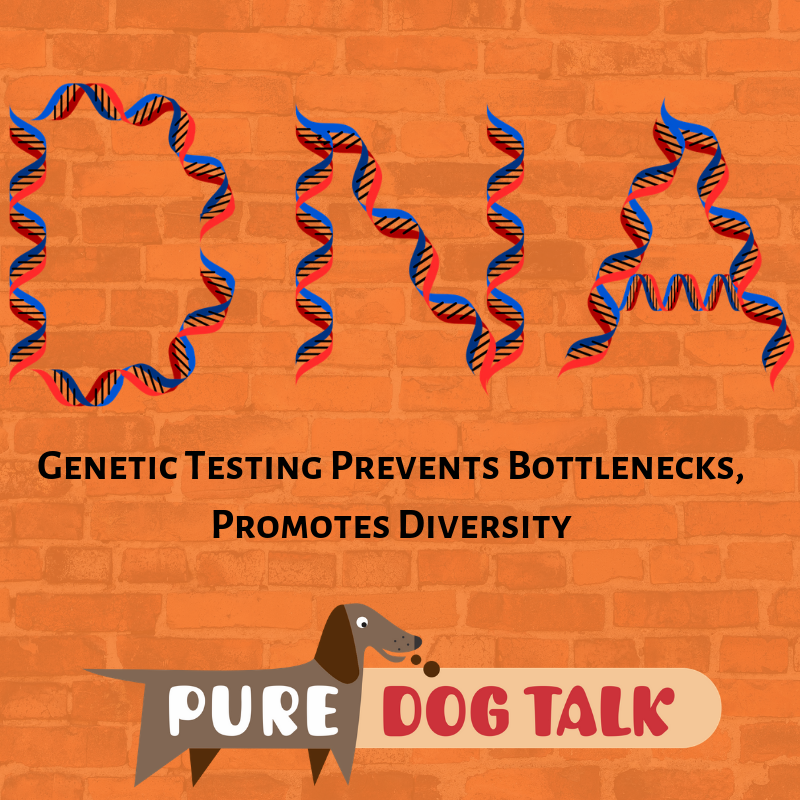307 – Bill Shelton, part 2: Breeding for Genetic Diversity
Bill Shelton on Breeding for Genetic Diversity, Breeding Up and More
In part two of our series, Bill Shelton, leading advocate for preservation dog breeders, and host Laura Reeves have a spirited conversation about how to improve the health of our breeds while maintaining genetic diversity.
“Leading theriogenologists say breeders are suppressing genetic diversity,” Shelton said. “Only testing phenotype not genotype in hip x-rays for example, removes dogs from the gene pool without understanding the genotype. When we eliminate genes for one thing we don’t know what genes we’re removing that are positive.”
Lethal genes must be removed, but until we have a DNA genetic marker we don’t really know, Shelton noted. We need to breed carriers and potentially affected as well in order to preserve a variety of genes for the future.
Weaving genes to make a healthier dog
“We are asking more of our dog breeding programs than we are for our own humanity,” Shelton said. “We’re actually holding dogs to a higher standard than ourselves and the future of humans.”
Taking the conversation full circle, Shelton noted that legislators are listening to extremists rather than experts in animal husbandry.
Messaging… Again!
“We need to get our message out there,” Shelton said. “We need to have more advocacy for purebred dogs. We need to step outside this circle of dog shows.”
In an outside-the-box idea, Shelton suggested that AKC needs to consider rebranding as an option, to call themselves a conservancy of heritage breeds.
“How we talk about what we do is what’s important,” Shelton said.
In the “other great ideas department,” Shelton asked rhetorically, “Where is the breeder’s committee in the delegates? Where is the VP of breeders at AKC?”
“We need to take the focus away from showing and put our focus on breeding dogs,” Shelton said. “We are at the point that an amateur delegate body is running what has become a professional industry. Everyone makes money. Who doesn’t make money? Dog breeders.”
If you missed part 1, listen here.
237 — DNA Genetic Testing Prevents Bottlenecks, Promotes Diversity
DNA testing can provide useful information for all breeders

Angela Hughes DVM PhD, Veterinary Genetics Research Manager, Wisdom Health
Testing our dogs’ DNA provides details on everything from ancestry in mixed breeds to disease mutations and genetic diversity in purebred dogs. Dr. Angela Hughes, Veterinary Genetics Research Manager at Wisdom Health, talks about the different types of DNA genetic testing.
“A breed is a specific combination of alleles,” Hughes said. “And 99 percent of the DNA in a Great Dane is the same as a Chihuahua. It’s that one percent that is so important.”
DNA Panel tests, Hughes said, test for genetic mutations. The Wisdom Health Optimal Selection panel tests for 180 different specific diseases that are broken out by which are identified and correlated within each breed.
Focus on genetic diversity.
“Studies show that losing genetic diversity causes loss of reproductive health, increased disease incidence, even decreased hunting ability,” Hughes said.
Purebred dog breeders are succeeding with test and replace breeding theories, Hughes believes. She referenced a study of dogs in the U.S., mixed breed and purebred, in which of all diseases tested for, 34 disorders were found only in mixed breeds, not in purebred dogs.
While Hughes acknowledges that “you can have healthy highly inbred dogs,” she notes that breeders have to be incredibly selective to achieve that.
“The average breeder doesn’t have the time and resources, the number of dogs necessary or enough information to be that highly selective,” Hughes said.
Genetic diversity in dogs will be different even in full siblings, Hughes said. For full littermates, on average, about 50 percent of the DNA is the same. This power of DNA testing, Hughes noted, is that it can help identify which of two dogs, similar in quality and pedigree, is the best match in terms of genetic diversity. Simple pedigree analysis and COI (coefficient of inbreeding) can’t provide that information.
Skip the Bottleneck
The diversity testing also helps avoid bottlenecks in a breed’s gene pool due to popular sire syndrome. She defines this as any sire with more than 100 puppies produced. In an example based on studies of Golden Retrievers in England, in a gene pool of six generations, with 31,259 individual animals represented, the testing revealed only 67 genetically unique individuals.
“DNA testing doesn’t tell you who to breed, it tells you who to breed to,” Hughes reiterated. “This is the last piece. Do all the other testing – conformation, temperament, health, function – then do this.”
Importantly, Hughes also noted that breeders should be careful to not lose the “essence of the breed” in search of genetic diversity.
“You want to move the needle,” Hughes said. “Just shift the curve in the direction of diversity.”
https://www.optimal-selection.com/
164 – Busting the Genetic Testing Myths: Dr. Jerold Bell|Pure Dog Talk
Stick around for input from Allison Foley at the Leading Edge Dog Show Academy about tips for successfully using a flat iron to groom drop-coated dogs.
And take a minute to stop by https://blog.feedspot.com/dog_podcasts/ and check out the top 15 dog podcasts! Of which we are one!


